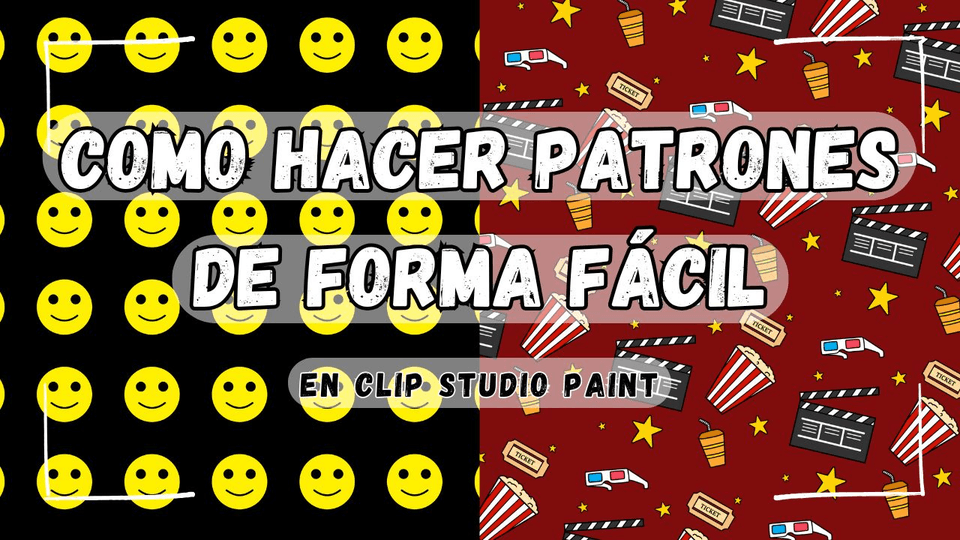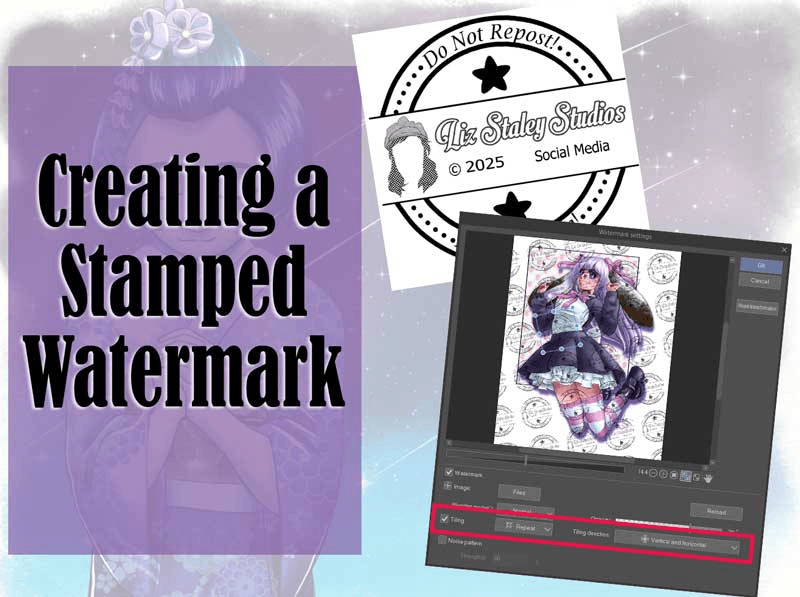Concept Art & Fantasy Illustrations | How to Paint Fire
Today I will introduce an easy way for you to paint fire in Clip Studio Paint!
First of all - brushes!
Good news, for this tutorial I used some of the default watercolor brushes in Clip Studio Paint! We can get started right away!
From left to right, the brushes are:
Watery
Watercolor Brush
Opaque Watercolor
Step 1 - Base
- Start on a lighter background to better see the details (I have lowered the opacity of my original background color to 50-60%)
- On a normal layer, create a dark base in the shape of a flame. It does not have to be perfect!
- Blur some areas (especially the edges around the top of the flame) to smudge and soften the look. It will also create the illusion of movement!
We will use different layer styles (or "blending modes") in this tutorial, so I want to show where you can easily change the settings!
Create a new layer first, then click on the button that says "Normal" right on top. From the long list of layer types, we are going to need "Glow Dodge" and "Overlay"
PS: You can also use the slide right next to the layer style button to change the opacity levels!
Step 2 – Glow Dodge & Overlay
- Use a lighter color on a new Glow Dodge Layer to start adding dimension to the flame.
- It's okay to use new layers to test ideas! More layers = more details!
- Create an Overlay layer, lower the opacity up to 40 - 30% and slightly adjust the hue of the flame by using a transparent brush (I used the Transparent Watercolor brush in Clip Studio Paint)
PS: Lowering the opacity of some layers will help make the flame look more translucent!
Step 3 – More Details
- Add more Glow Dodge and Overlay layers to create more details and test different colors and brushes
- You don't have to use many layers to achieve great results with this technique, it really depends on your painting style and the look you want to achieve. I have painted fire on just 3 layers and for some illustrations I needed 10+! So, use as many layers as you're comfortable with!
- There is no perfect way to paint a flame, so don't be afraid to experiment - remember, you can always CTRL+Z if you don't like it!
- Once you're happy with the overall details it's time to adjust the background color! We are almost done :)
Step 4 – Glow
Last but not least, we need some glow around the flame!
To achieve this, you'll need to add new Glow Dodge layers. You can try the sandwich technique - add one Glow Dodge layer on top and one (or more) below the other layers with your flame.
Next, add the glow by using a soft watercolor brush (Opaque Watercolor and Transparent Watercolor brushes in Clip Studio Paint work really well here)
Don't forget to lower the opacity for a translucent look and don't be afraid to try some crazy colors! If you see the suggested colors in the image above, I went for some purple and pink tones here :) Have fun!
Summary & Thanks
In short, you're going to need:
a dark base layer in the shape of your flame
Glow Dodge layers to add dimension to the flame
Overlay layers to add some interesting color
and more Glow Dodge around the flame!
If you have any questions about the tutorial, send me a message on Instagram @jfeythecurious !! Thank you for checking out my tutorial!
























Kommentar